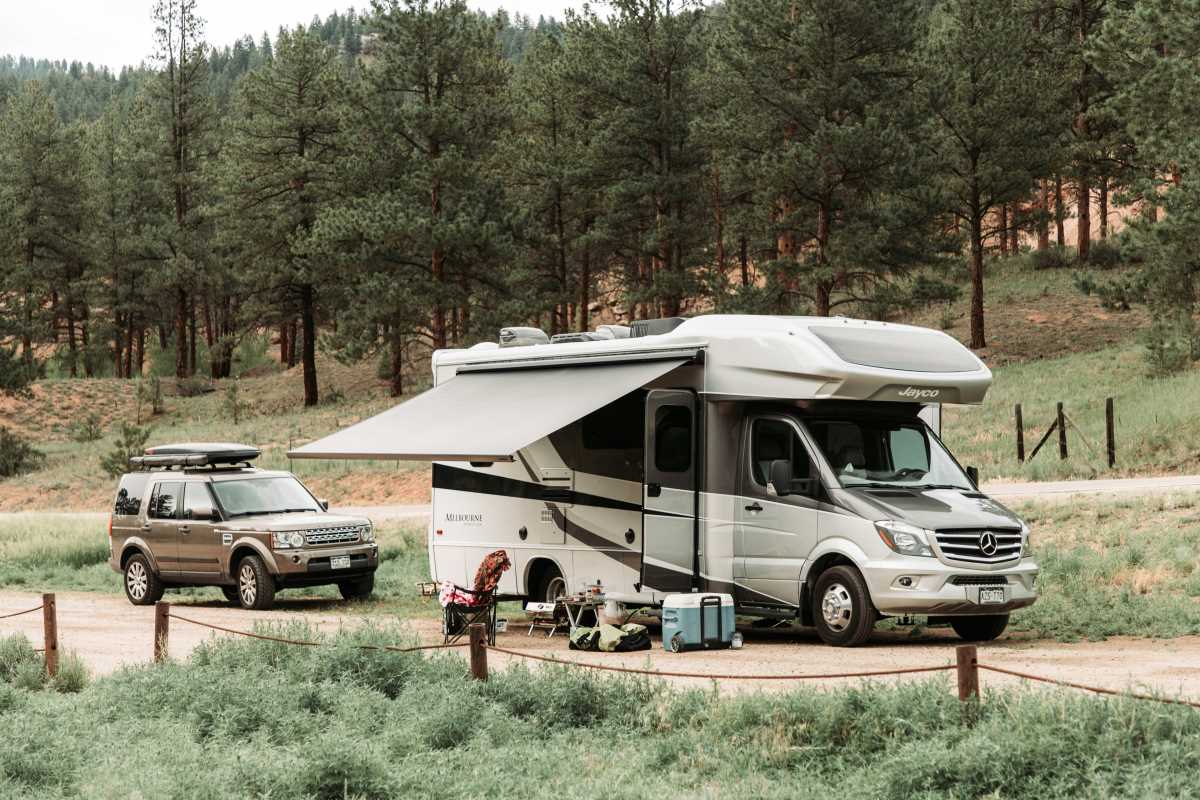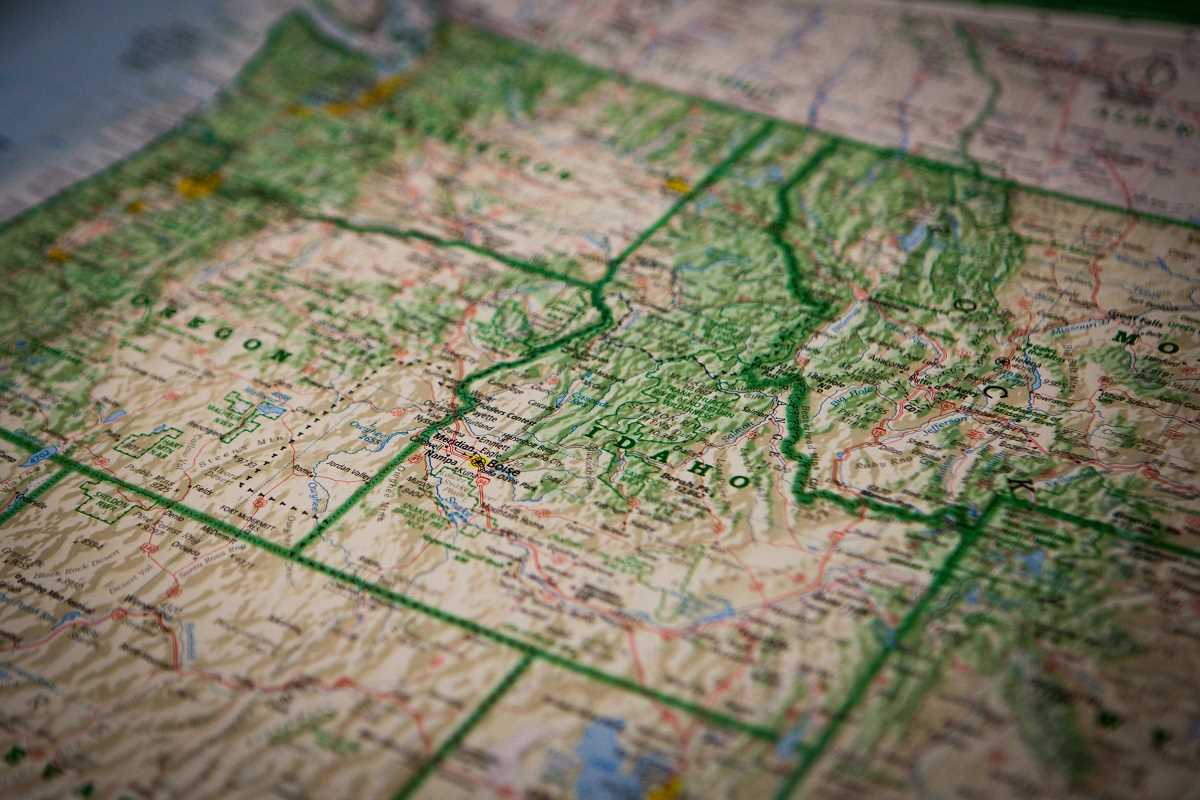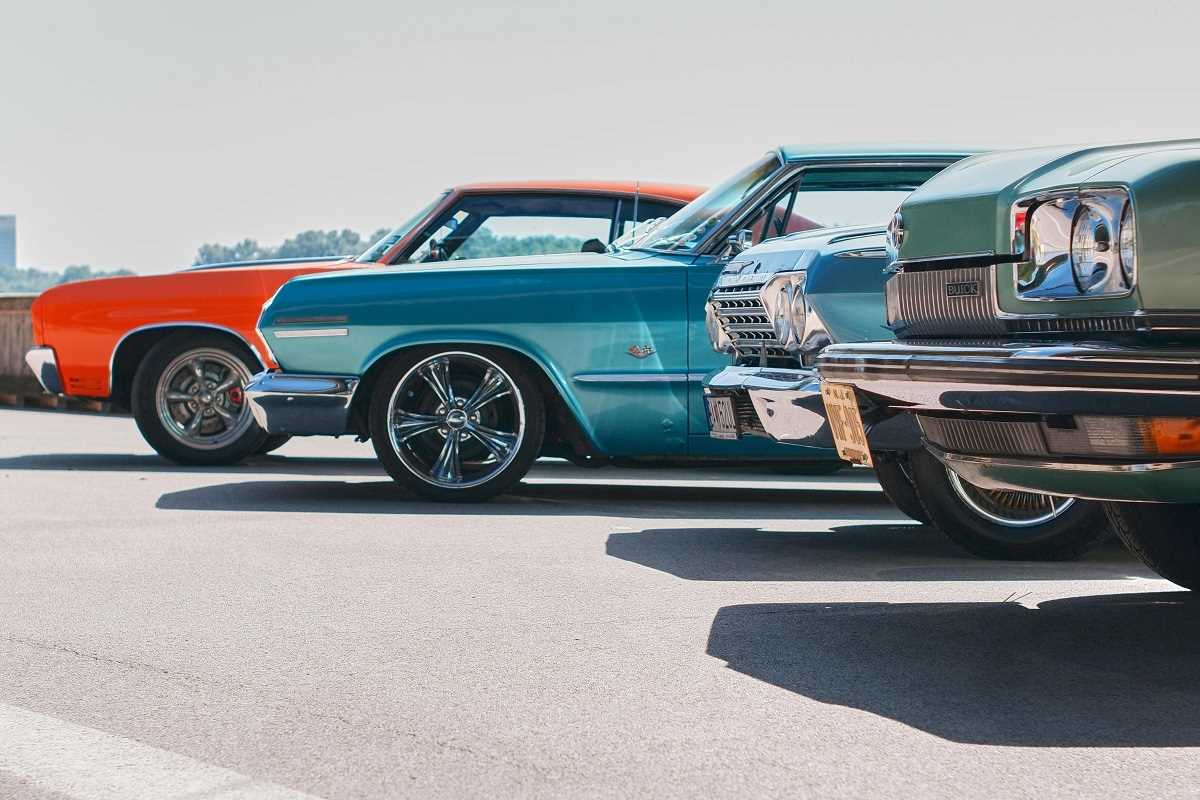Owning an RV or camper brings freedom, adventure, and the opportunity to explore the open road. However, insuring one isn’t quite as straightforward as getting car insurance. RVs and campers are part home, part vehicle, and that combination creates unique insurance needs. To help you understand how to protect your investment, we’ve put together this guide to answer your most common questions.
Do You Need Special Insurance for an RV?
Yes, most RVs and campers require specialized insurance. While some smaller campers or trailers may be covered under your existing car insurance policy, larger drivable RVs need their own dedicated policy.
- Why Specialized Insurance?
- RVs are more than just vehicles. Because they often function as living spaces with significant personal belongings and higher values than typical cars, they require coverage that reflects those risks.
- Classes of RVs:
- RV insurance requirements vary based on the type of RV:
- Class A: Large motorhomes, often resembling buses, that serve as both vehicles and full-time residences.
- Class B: Campervans, which are smaller and built on van chassis.
- Class C: Medium-sized motorhomes with an over-cab sleeping area.
If you own a towable camper, like a fifth wheel or travel trailer, you may be able to cover it under your car or truck’s policy, but double-check with your insurer.
For example, if you have a Class A motorhome that doubles as your vacation home, you’ll need RV insurance to cover both driving risks and property-related events like fire or theft.
What Does RV Insurance Cover?
RV insurance typically offers broader coverage than standard auto insurance by combining elements of car and homeowner’s insurance.
- Basic Coverages:
- Liability Coverage: Protects you if you cause damage or injure someone while driving or parking your RV.
- Collision Coverage: Pays for repairs to your RV if you collide with another vehicle or object.
- Comprehensive Coverage: Covers non-collision events like theft, vandalism, fire, hail, or animal-related damage.
- Specialized Coverages for RVs:
- Personal Belongings Coverage: Covers items inside the RV, such as clothing, electronics, and camping gear.
- Full-Timer Coverage: For those who live in their RV year-round, this adds protection similar to homeowner’s insurance, covering liability, medical payments, and extended personal property coverage.
- Vacation Liability: Provides liability coverage while your RV is parked or being used as a temporary residence.
- Emergency Expenses: Pays for lodging and transportation if your RV becomes uninhabitable due to a covered event.
For instance, if your motorhome’s roof is damaged during a hailstorm and your laptop inside is also destroyed, comprehensive coverage would pay for the roof repair, while personal belongings coverage would help replace the laptop.
How Is RV Insurance Different From Car Insurance?
RV insurance is designed to handle the unique combination of driving risks and home-like coverage needs, making it more comprehensive than standard car insurance.
- Key Differences:
- Coverage Scope: Along with liability, collision, and comprehensive coverage, RV insurance also includes protections for personal belongings, vacation liability, and emergency living expenses.
- Usage Considerations: Since RVs may only be used seasonally, insurers often offer options like storage-only coverage during months you’re not on the road.
- Higher Limits: RV insurance policies typically account for the higher costs of repairing or replacing an RV compared to a standard car.
For example, car insurance won’t help you if your RV’s plumbing leaks and damages the flooring, but RV insurance might.
What Factors Affect RV Insurance Premiums?
Like any insurance policy, numerous factors influence how much you’ll pay for RV insurance. Understanding these can help you better manage costs.
- Type and Size of RV: Larger RVs or motorhomes (like Class A models) cost more to insure than lightweight camper trailers because they’re more expensive to repair or replace.
- Usage: How often you use your RV plays a significant role. Full-time residents typically pay more due to extended exposure to potential risks, while occasional weekend users may pay less.
- Value of the RV: Newer or high-end RVs with luxury amenities cost more to repair, increasing premiums.
- Driving Record: A clean driving history can help lower your rates, while accidents or traffic violations may raise them.
- Location: Where you store or drive your RV matters. Storing it in a high-crime area or driving in regions prone to severe weather can lead to higher premiums.
For instance, if you drive a luxury Class A motorhome full-time and park it in areas prone to hurricanes, expect your premiums to reflect those risks.
Is RV Insurance Required by Law?
Yes, RV insurance is required for motorhomes in most states, just like car insurance, as they are driven on public roads.
- Minimum Liability Requirements: States mandate minimum liability coverage for any drivable RV. Liability limits vary by state, so check the law where you live or travel.
- Towable Units: If you own a camper trailer or fifth wheel, insurance may not be required by law, but you’ll need liability coverage through your car insurance while towing it. However, additional coverage for the trailer can protect against theft or damage while it’s parked.
For example, while your state might not require separate insurance for your travel trailer, insuring it ensures you’re covered if it’s damaged en route to a campsite.
What Optional Coverages Should You Consider for an RV?
Depending on your needs, several optional coverages can provide extra protection and peace of mind.
- Roadside Assistance: Covers specialized towing for RVs, which often require larger tow trucks.
- Gap Insurance: Protects you if your RV is totaled and you owe more on a loan or lease than the vehicle’s current value.
- Accessory Coverage: Covers customizations like awnings, satellite dishes, or solar panels.
- Total Loss Replacement: Ensures that if your RV is totaled, you receive a brand-new replacement or full reimbursement based on its original price.
For instance, if you’ve equipped your camper with solar panels, adding accessory coverage ensures they’re protected in case of theft or damage.
How Can You Lower RV Insurance Costs?
While RV insurance can be costly, there are ways to reduce your premiums.
- Bundle Policies: Combine your RV insurance with your home or auto policies for multi-policy discounts.
- Increase Deductibles: Opting for a higher deductible lowers your premium, but be sure it’s manageable in case of a claim.
- Drive Safely: Maintaining a clean driving record helps keep your premiums low.
- Seasonal Storage Coverage: If you only use your RV part of the year, switching to storage-only coverage during the off-season can save money.
For example, switching to storage coverage during the winter months when your fifth wheel is parked can significantly cut annual insurance costs.
What Should You Ask Before Buying RV Insurance?
When shopping for RV insurance, ask your provider these key questions to find the best coverage for your needs:
- Does the policy cover personal belongings inside the RV?
- What are the coverage limits for emergency expense reimbursement?
- Are there restrictions on where I can drive or park my RV?
- Does the policy include roadside assistance or can it be added?
- Is specialized repair for RVs included in the claims process?
These questions will help you better understand your coverage and avoid costly surprises.
 (Image via
(Image via





